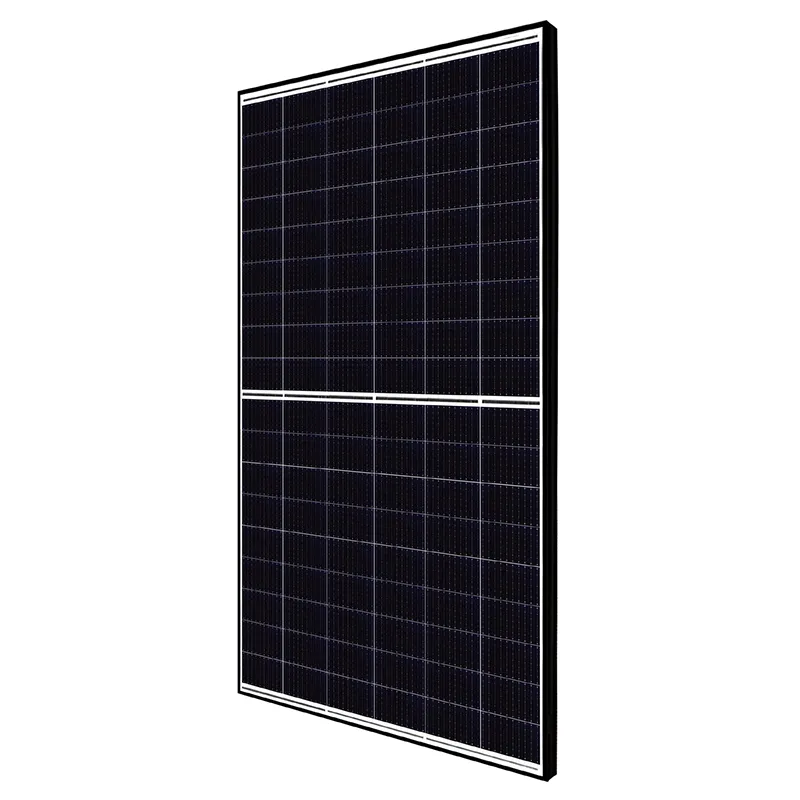High-Efficiency 12kW Three-Phase Inverter for Renewable Energy Solutions
Understanding 12kW 3-Phase Inverters A Comprehensive Guide
In the ever-evolving world of renewable energy and electrical systems, inverters play a crucial role in converting direct current (DC) electricity from sources like solar panels into alternating current (AC) electricity that can be used in homes and businesses. Among various types, the 12kW 3-phase inverter stands out for its efficiency and stability, making it an essential component in larger solar power systems and industrial applications.
What is a 3-Phase Inverter?
A 3-phase inverter is designed to convert DC power into a 3-phase AC output. In contrast to single-phase systems, which are common in residential solutions, 3-phase systems are more suitable for commercial and industrial applications due to their ability to deliver more power and maintain a constant voltage. This smooth operation reduces the electrical stress on machinery and improves overall system reliability.
The 12kW rating refers to the maximum output power the inverter can handle continuously, making it ideal for applications requiring substantial energy, such as larger solar arrays or industrial equipment.
Advantages of 12kW 3-Phase Inverters
1. Higher Efficiency One of the primary benefits of 3-phase inverters is their efficiency. They typically exhibit lower losses compared to single-phase counterparts, as the power delivery is more balanced. This results in less energy waste, contributing to overall system efficiency.
2. Improved Balance of Loads In a 3-phase system, loads can be evenly distributed across all three phases, minimizing the risk of overload in any single phase. This balancing is incredibly beneficial in industrial settings where machines require steady and reliable power.
3. Enhanced Performance in Solar Systems For solar applications, a 12kW 3-phase inverter can manage larger arrays effectively. This capability is essential for commercial solar installations, where energy demand is high. It allows for optimal energy conversion and usage, particularly in grids with varying demand.
4. Better Voltage Regulation 3-phase inverters provide superior voltage regulation, which is vital for sensitive industrial equipment. Fluctuations in voltage can lead to equipment failure or inefficiencies, and a 3-phase inverter helps maintain a stable output.
12kw 3 phase inverter

5. Future-Proofing As businesses grow, energy demands often increase. Investing in a 12kW 3-phase inverter enables scalability, allowing future expansion of energy systems without needing a complete overhaul of infrastructure.
Key Features to Look for in a 12kW 3-Phase Inverter
When selecting a 12kW 3-phase inverter, several features should be considered to ensure optimal performance and reliability
1. Efficiency Ratings Look for inverters with high efficiency ratings, ideally above 97%. Higher efficiency translates to more energy being converted and less being lost as heat.
2. Built-in Monitoring Systems Many modern inverters come equipped with monitoring capabilities, enabling users to track energy production and system efficiency in real-time. This feature is crucial for maintaining system performance and identifying any issues promptly.
3. Durability and Warranty Given the significant investment in a 12kW inverter, checking the warranty and durability is vital. Products with extended warranties indicate confidence in reliability.
4. Grid Compatibility Ensure that the inverter is compatible with local grid standards, as this will impact installation and operational efficiency.
5. Cooling Mechanisms Inverters generate heat during operation. Good cooling solutions, such as integrated fans or advanced thermal management systems, can extend the lifespan of the unit.
Conclusion
A 12kW 3-phase inverter is an essential component in modern energy solutions, especially for commercial and industrial applications. With their higher efficiency, balanced load capabilities, and robust performance in solar energy systems, they stand out as an ideal choice for businesses looking to harness renewable energy effectively. Understanding the advantages and features of these inverters can help stakeholders make informed decisions that grow their energy capabilities while promoting sustainability. Moving forward, continued advancements in inverter technology will likely further enhance their performance and integration into our energy systems.
-
Unlocking Energy Freedom with the Off Grid Solar InverterNewsJun.06,2025
-
Unlock More Solar Power with a High-Efficiency Bifacial Solar PanelNewsJun.06,2025
-
Power Your Future with High-Efficiency Monocrystalline Solar PanelsNewsJun.06,2025
-
Next-Gen Solar Power Starts with Micro Solar InvertersNewsJun.06,2025
-
Harnessing Peak Efficiency with the On Grid Solar InverterNewsJun.06,2025
-
Discover Unmatched Efficiency with the Latest String Solar InverterNewsJun.06,2025







